Problem Statement:
I'm trying to convert one of my Sql to linq query, but I'm unable to get the desired output which i need. Can anyone suggest me what i should do?
SQL Query:
SELECT AssetTagging.AssetID, AssetTagging.AssetDescription, [Return].RequestStatus
FROM AssetTagging
LEFT OUTER JOIN [Return] ON AssetTagging.AssetID = [Return].AssetID
LEFT OUTER JOIN Issue ON AssetTagging.AssetID = Issue.AssetID
WHERE (Issue.AssetID IS NULL) OR ([Return].RequestStatus = 'Approved')
Linq Query I'm using:
var result = (from at in db.AssetTagging.AsEnumerable()
join r in db.Return on at.AssetID equals r.AssetID
orderby at.AssetID
where !db.Issue.Any(issue=>issue.AssetID==at.AssetID) || r.RequestStatus=="Approved"
select new globalTestModel
{
model1=at
}).ToList();
//I know that in Linq query I'm using Inner join instead of Left Join,but i'm getting error if i use left join instead of inner join?
What am I doing wrong??
Any suggestion to get desired query like Sql in Linq?
Asset Tag table:

Issue table:

Return table:

Desired Output :
